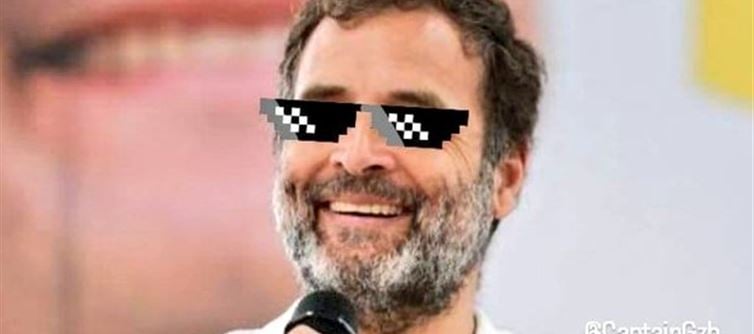
Rahul Gandhi’s house for One, But What About Millions?
In Gaya, Bihar, a quiet act of kindness turned into a political spectacle. rahul gandhi visited the family of Dasrath Manjhi—the legendary “Mountain Man”—to see firsthand their dilapidated mud hut. Many politicians had passed by before, promising aid, but the family remained in squalor. rahul gandhi stayed the day, listened, and quietly sent a team of engineers to rebuild their house. No promises, no political grandstanding—just action.
Fast forward: the bjp IT cell spins a storm of lies, trying to tarnish the visit. But the son of Dasrath Manjhi comes out and clears the air: rahul gandhi genuinely funded and built the house. A simple gesture of humanity turned into a battlefield of propaganda.
Here’s where it gets controversial: helping one family, even symbolically, is a moral and emotional win. It shows a leader’s personal commitment beyond speeches and photo ops. Yet, it’s impossible to ignore the larger context. During Congress’s tenure, india faced scams, mismanagement, and policies that arguably harmed millions. So, while a single act of compassion shines, the lens of history reminds us that governance is about systems, not just stories.
Who’s wrong here? The bjp for trying to twist a pure gesture into a weaponized narrative? Or the congress for decades of mismanagement that makes even a single act of goodwill look like heroism? The truth? Both play their part. One wields propaganda like a blunt instrument; the other often leaves the big picture in tatters, relying on small gestures to fill the gap.
In the end, helping Dasrath Manjhi’s family matters—emotionally and politically—but it doesn’t absolve a party from accountability for the millions who didn’t get a house, a school, or basic care during their rule. Heroic in micro, flawed in macro. That’s the story.




 click and follow Indiaherald WhatsApp channel
click and follow Indiaherald WhatsApp channel